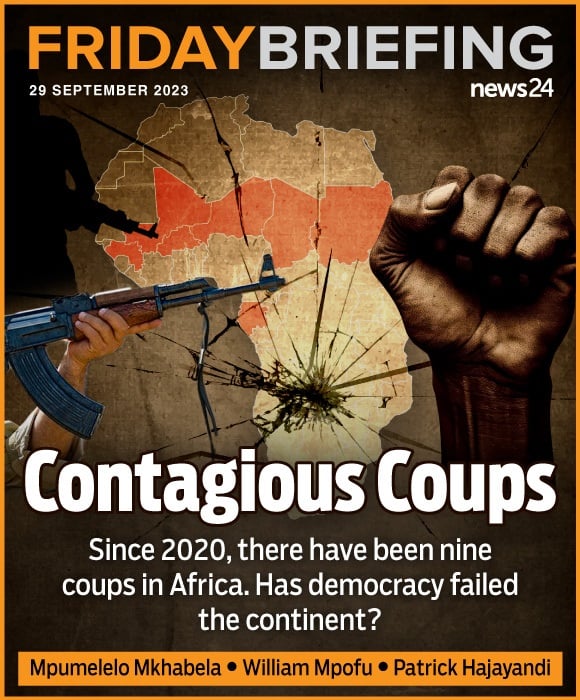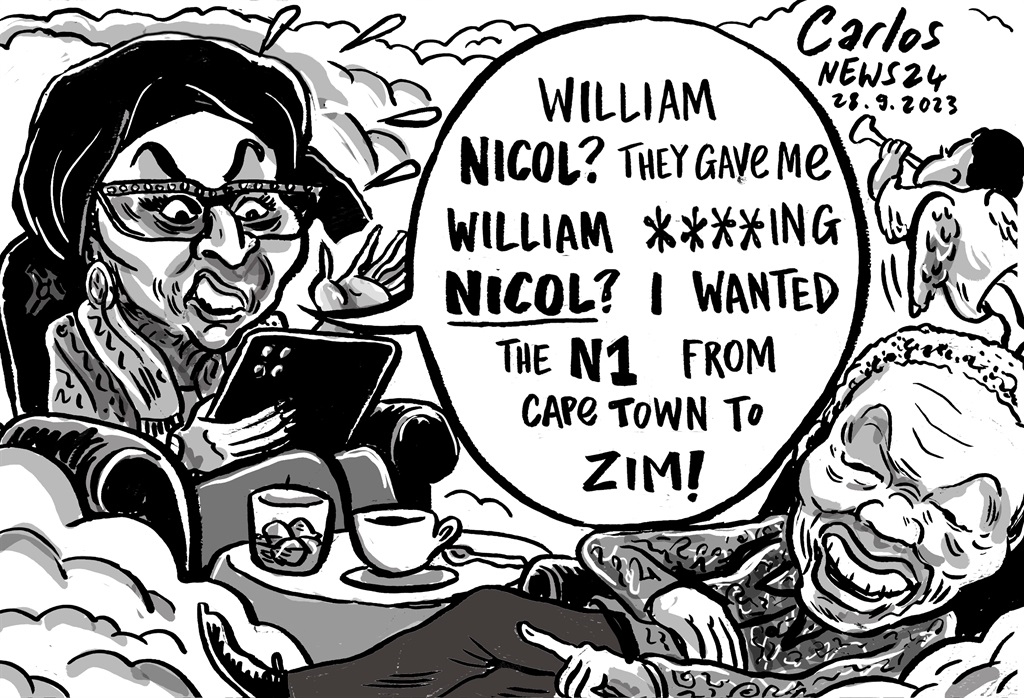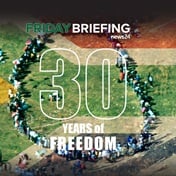Contagious Coups: Has democracy failed Africa?
In January 2022, following a coup in Burkina Faso, concerns were raised about coups "returning" to the African continent and that democracy was dying.
The Burkina Faso coup would be followed by two more a year later.
On 26 July 2023, Niger's democratically elected president, Mohamed Bazoum, was overthrown in a military coup.
This was followed a month later by one in Gabon, where military officers announced a takeover of power and an annulment of the recently disputed election in which President Ali Bongo Ondimba had won a third term.
Since 2020, there have been nine coups on the continent - with two in Mali, as well as Chad, Guinea, Sudan and a previous one in Burkina Faso before the most recent one.
Does this indicate democracy has failed in parts of Africa?
Experts are largely of the view this is not the case.
There has, in fact, been little space for genuine democratic practices and legitimate alternations of power in Africa, with leaders rigging and jigging the constitutional, political, and party systems to suit themselves - the most egregious being amending constitutions to legitimatise their otherwise irregular, but extended stays in power.
Elections are held, generally flawed, as an exercise that legitimatises the ruler's stay in power - rather than an authentic process in which people can exercise their voice and choice.
For example, Equatorial Guinea's Teodoro Obiang Nguema Mbasogo has been the country's president since 1979, while Uganda's Yoweri Museveni has led the country for 37 years since January 1986.
Couple with this is a lack of coherent policies from governments to set their countries on a sustainable path to development and eradicate poverty.
Afrobarometer - a pan-African, non-partisan research network - found despite the efforts of some leaders to undermine democratic norms, Africans remain committed to democracy and democratic institutions.
The findings appear to suggest that while the people might value democracy and democratic institutions - the leaders do not.
Incidentally, there are widespread perceptions the leaders don't care about the people either.
This opens up the space for the military to overthrow civilian governments and garner civilian support for it.
This momentary support for coups can be interpreted as an interregnum on the path to democratic renewal, a necessary disruption of established rule to usher in a better, democratic government.
This should encourage governments to push for improved democratic governance instead of finding new ways of rigging systems to stay in power, which incentivises a cycle of coups.
In this week's Friday Briefing, we examine how some of Africa's leaders failed their societies.
News24 columnist Mpumelelo Mkhabela outlines four reasons why there might have been a rise in the number of military coups and considers what might be a forward-thinking solution to them.
Wits University's Dr William Mpofu scrutinises the recent election in Zimbabwe and what it reflects on the rest of the continent about notions of good government - but also on how Africa's leaders have failed Zimbabwe's citizens.
Finally, the Institute for Justice and Reconciliation's Patrick Hajayandi explores France's interference in the Sahel region - where many of the coups have taken place - and suggests considering recent developments, France ought to reconfigure its relationship with the region.
We hope this edition stimulates thought about nurturing democracy and establishing a democratic government.
Best,
Vanessa Banton,
Opinions editor.
4 reasons why we are seeing regression instead of renaissance in Africa
The recent ousting of elected governments in West Africa by military juntas suggests Nepad's political aims are either coming apart or it has never taken root. There is a possibility of a regression instead of a renaissance, writes Mpumelelo Mkhabela.
The African leadership void: The 'beautyful' ones are missing
It is a tragic comment on African leadership that military coups are not only becoming prevalent but that they are also becoming popular as the masses throng the streets to welcome liberation from the tyranny and corruption of the incumbent political leader, writes William Mpofu.
Military coups and the legacy of French interference in the Sahel region.
While the blame for instability in the Sahel region is often laid at the door of Islamist extremism, there are other drivers playing a role which have created the incendiary conditions for military coups in the region, writes Patrick Hajayandi.




 Publications
Publications
 Partners
Partners


























